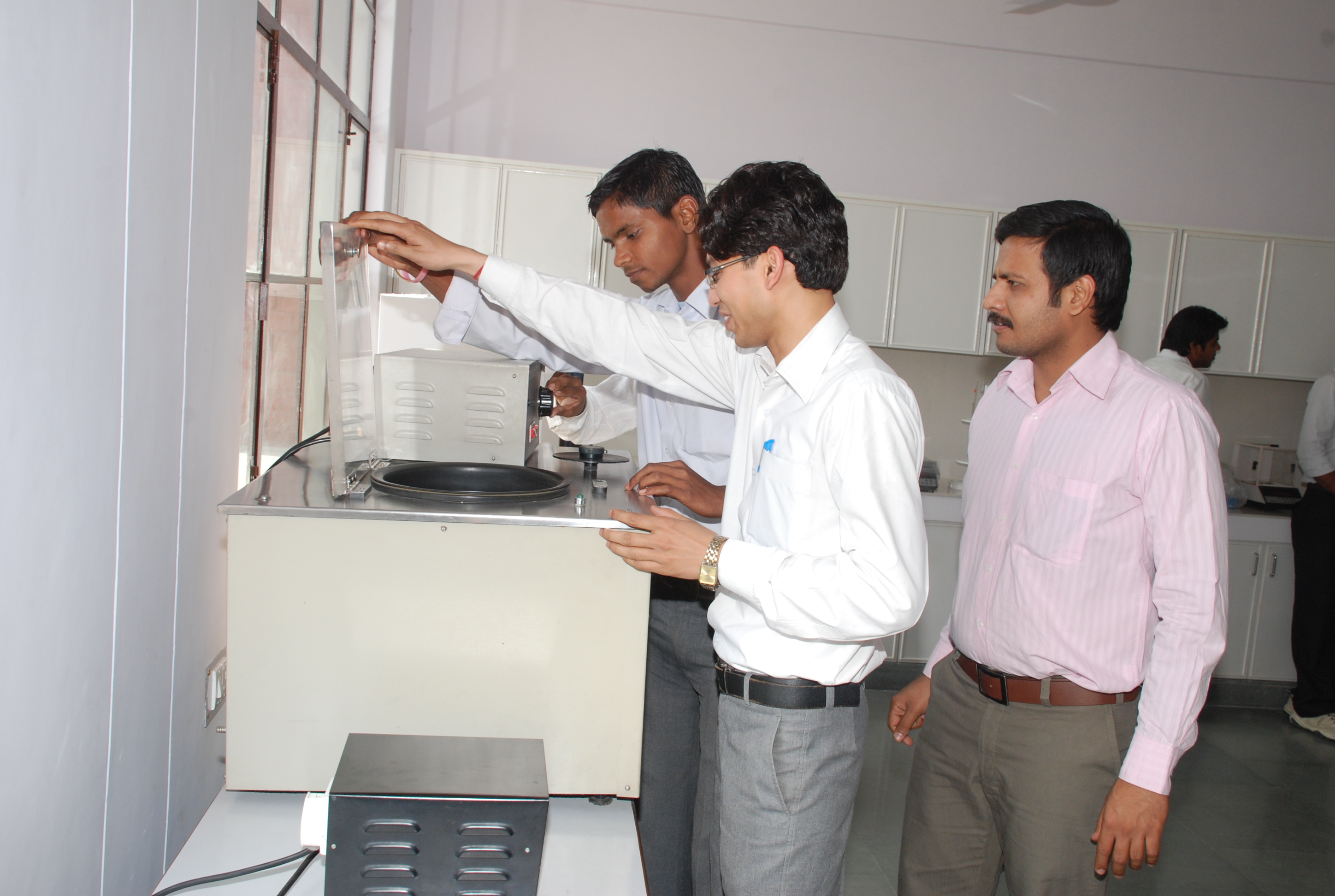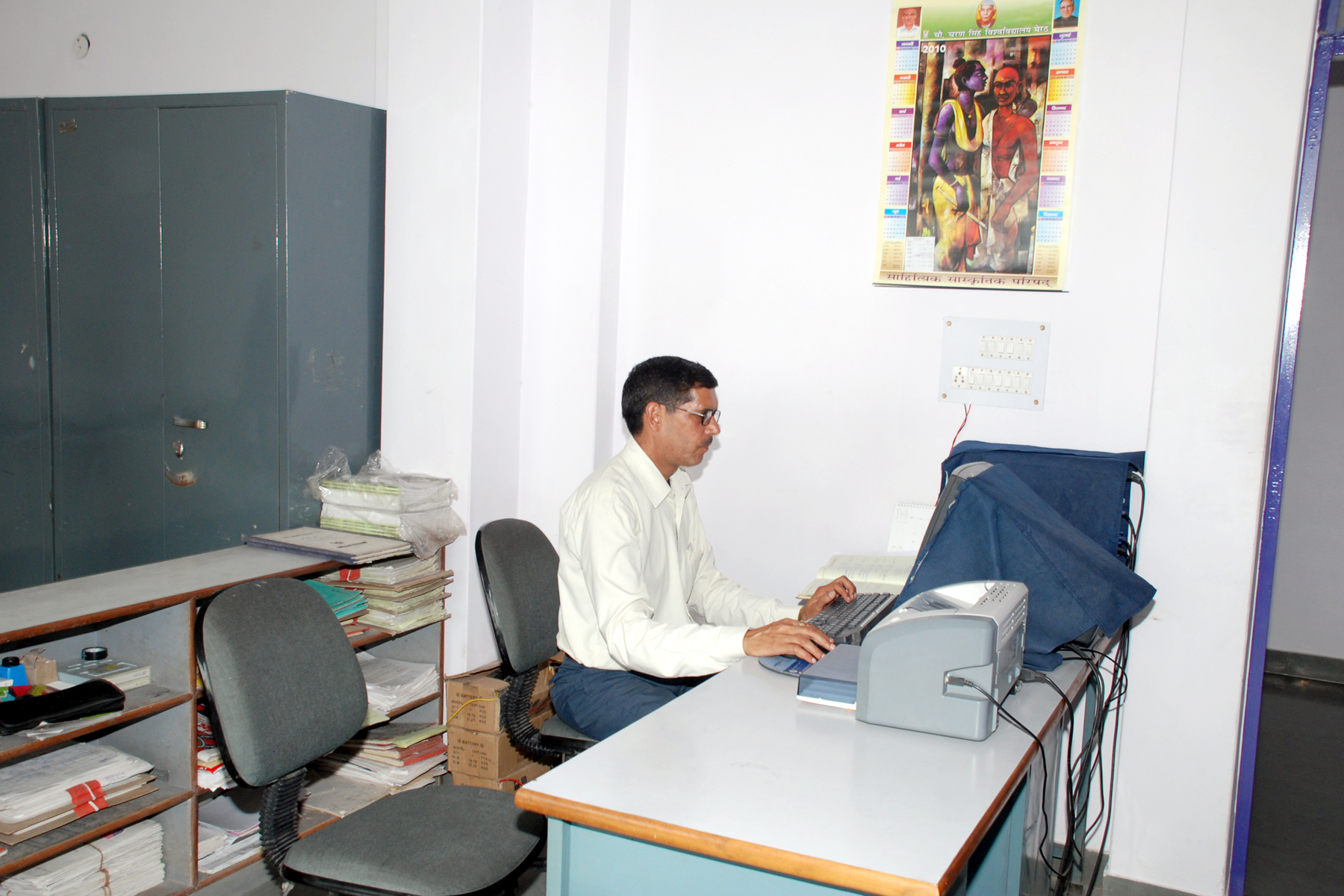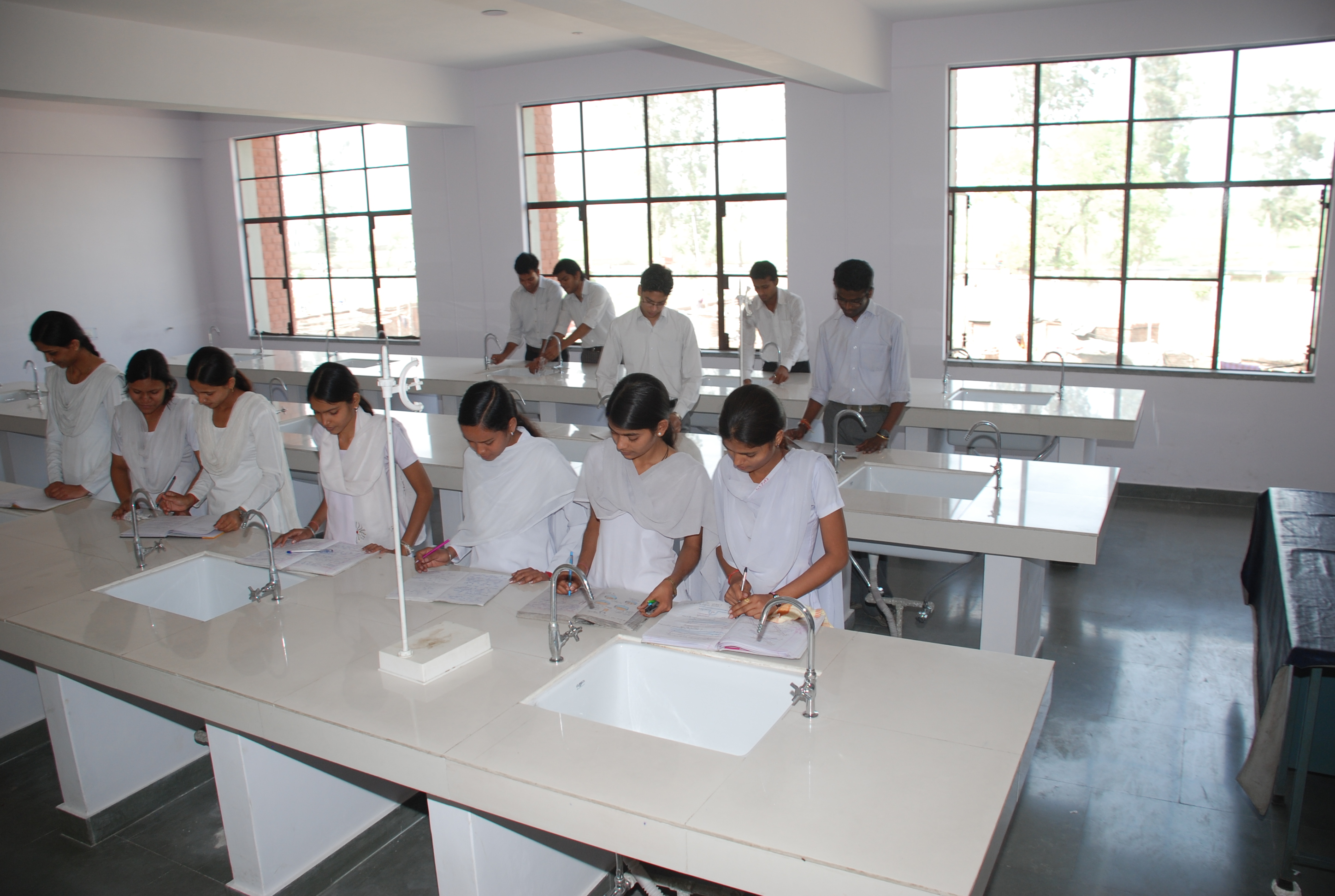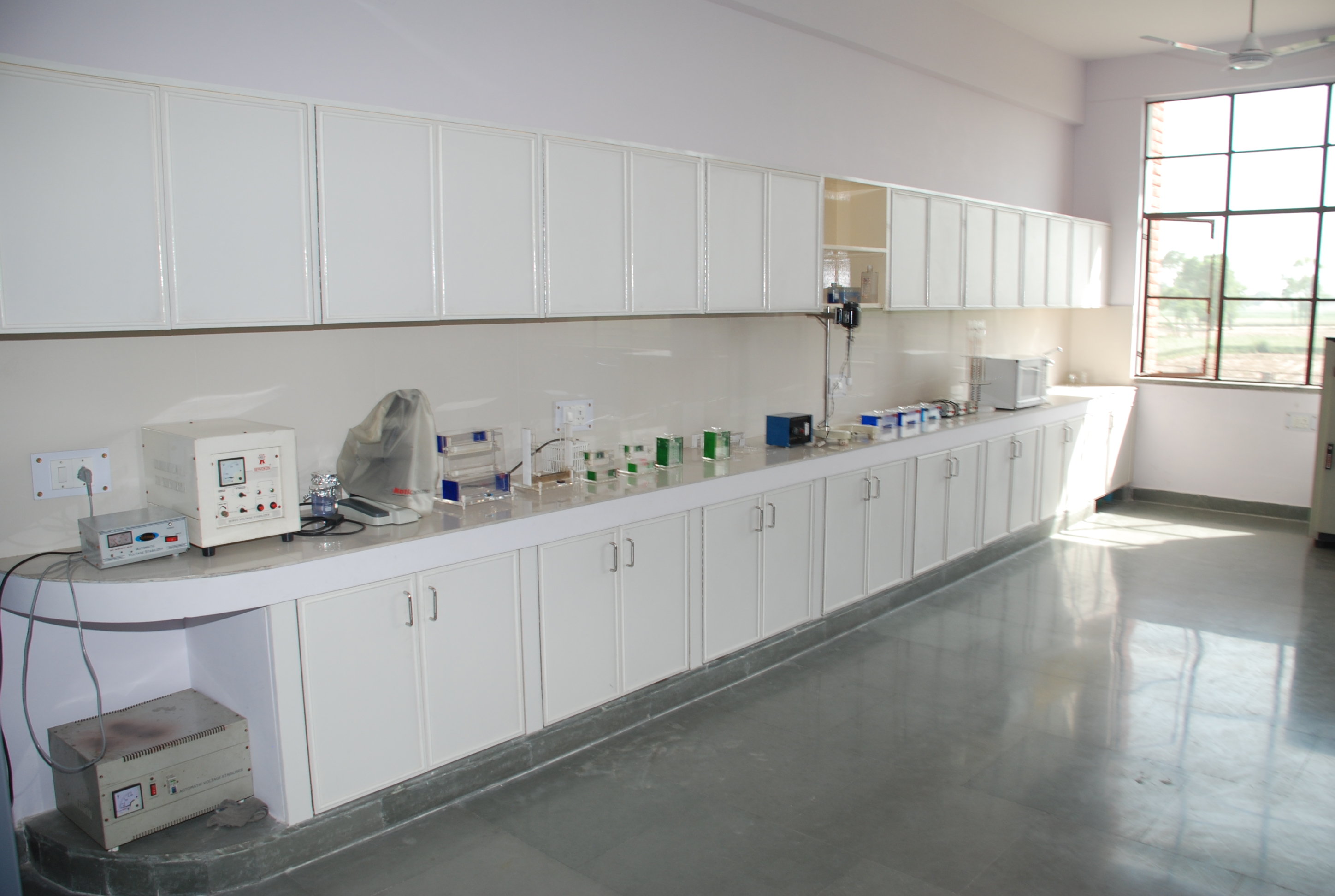Biotechnology is an interdisciplinary branch of science which is popular among youngsters as it is providing ample opportunities for those who want to explore the new and modern frontiers of science. It does not refer to a specific industry or job. The applications of Biotechnology are vast as it caters to various industrial sectors like food, textiles, pharmaceutical, agriculture, animal husbandry and more. Biotechnology includes diverse subjects apart from biology making it interdisciplinary. Along with the technical part and engineering applications, biotechnology is giving rise to various new fields with humongous job opportunities.
The program has been designed to bridge the gap between industry requirements and the growing demand for skilled manpower in life science sector. Hands on training in practical techniques, which are being, used commonly like culture methods, biochemical techniques etc. are provided. Students also examine a range of practical applications.
Biotechnology has rapidly emerged as an area of having marked impact on almost all domains of human welfare ranging of plant science, food processing, protecting environment, production and proactively trade and economy. Contribution of biotech products to global markets has been around $100 billion and countries to be on the rise. In India, the demand for such products is of the over $80 billion. Major demand has been in area of human health, agriculture and industrial products. Projection shows that there will be thousands of unfilled science and technology jobs in these areas of biotechnology.
Duration : 3 years
Total Seats : 120
Eligibility : 10+2 with 45% marks for Gen./OBC & 40% marks for SC/ST (Bio/Chem./Comp
Science/PCB/PCBE/PCMB/PCM/Math/Ag)
Selection Procedure : The admission to the B.Sc. Biotechnology program will be on the basis of the
merit determined by the aggregate marks at (10 + 2) level.
|
Biochemistry Biophysics Cell Biology Microbiology Genetics Instrumentation & Bio-Analytical Techniques Biomathematics & Biostatistics Chemistry Biodiversity Practicals P-120 Practicals P-121 Practicals P-122 |
Fundamentals of Computer and Bioinformatics Bioenergetics & Biomembranes Molecular Biology Molecular Genetics & Cytogenetics Immunology and Immunotechnology Recombinant DNA Technology Animal physiology Plant Physiology Enzymes and Enzyme Technology Practicals P-220 Practicals P-221 Practicals P-222 |
Plant Biotechnology Animal Biotechnology Molecular Virology Nanobiotechnology Environmental Biotechnology Industrial Biotechnology Genomics and proteomics Biosafety guidelines, Intellectual Property rights and entrepreneurship development Recent trends in Biotechnology Practicals P-320 or Summer Training Practicals P-321 or Practical Practicals P-322 |
Duration : 2 years ( 4 Semesters)
Total Seats : 60
Eligibility : Bachelor’s degree in Biology (CBZ) / Biotechnology / Microbiology,
B.Pharma or B.Tech. Biotechnology or Bachelor’s degree in
Laboratory / Medical laboratory techniques with 50% marks.
Selection Procedure : The admission to the M.Sc. Biotechnology program will be on
the basis of the merit determined by the aggregate marks at Graduation level.
|
101 Fundamental of Genetics 102 Cytogenetics and Molecular Genetics 103 Statistical Methods and Bioinformatics in Biology 104 Tools and Techniques in Biotechnology 105 Practical |
201 Fundamentals of Biochemistry 202 Plant Genetic Resources 203 Biotechnology in Crop Improvement 204 RDT and Genetic Engineering 205 Practical |
|
301 Microbial, Industrial and Environmental Biotechnology 302 Concepts of Nanotechnology 303 Animal Biotechnology and Immunology 304 Genomics and Proteomics 305 Practical | 401 Project |
* Understand the need and apply knowledge of Biotechnology to solve problems in the areas of Medicine, Agriculture, Fermentation technology, Food processing and Environment, and develop entrepreneurial ideas.
• Demonstrate proficiency in basic laboratory skills like preparation of solutions and culture media, handling of equipment, aseptic techniques, micropipetting, maintaining scientific laboratory manuals.
• Perform, and analyze results of experiments using basic laboratory techniques in molecular biology and recombinant DNA technology, like agarose and polyacrylamide gel electrophoresis, restriction enzyme digestion, bacterial transformations and PCR, immunology and plant tissue culture.
• Ability to present their project work through written, oral, and visual presentations.
• Exhibit an ability to work independently and collaboratively.
• Get an exposure in current scientific literature, computer programs and web information pertaining to Biotechnology.
The domain on which a trained biotechnologist can work is vast. As there are several disciplines involved in biotechnology, there is a great demand for experts in various industries. Biotechnological applications are used widely in the following industries:
• Healthcare
• Medicine
• Pharmaceutical
• Agriculture
• Animal husbandry
• Genetic engineering
• Environmental conservation
• Soil biology
• Ecology
• Textile industry
• Cosmetics
 |
 |
 |
 |
 |
 |
 |
 |
 |